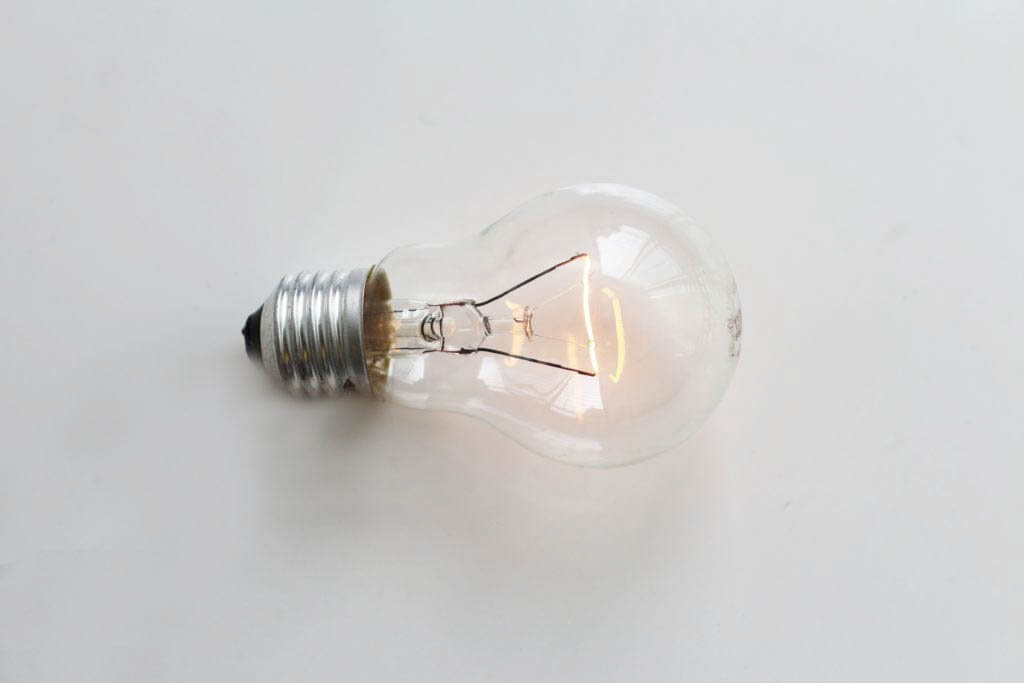
Inhaltsverzeichnis
5 Dinge, die du über Minimalismus wissen solltest
Hast du auch das Gefühl, dass sich ein und dieselben Minimalismus Tipps immer wiederholen, je mehr man sich über das Thema informiert? Es gibt jedoch auch ein paar Dinge, die man sich nach und nach selbst erschließen muss, von denen ich mir aber wünschte, sie wären ebenfalls Teil dieser “Tipps und Tricks”. Daher habe ich eine Art Liste zusammengestellt von den Gedanken, bei denen ich dachte, dass es sich lohnen kann sie aufzuschreiben.
Was ist mein “Warum” in Bezug auf Minimalismus?
Den eigenen Haushalt zu entrümpeln und Besitztümer wegzuschmeißen kann oftmals emotionaler werden, als man anfangs denken würde. Daher ist es wichtig, einen starken Grund dafür zu haben, etwas wegzugeben. Natürlich kann alleiniges Aufräumen um des Aufräumens Willen eine starke Motivation an sich sein. Wenn es allerdings darum geht, sich von einigen geliebten Gegenständen zu trennen, wird die Sache schon schwieriger. Deswegen ist es durchaus einfacher auszumisten, wenn man hoch intrinsisch motiviert ist.
Das bedeutet, dass man eine eigene Motivation dazu hat, etwas zu tun. Und nicht, dass Personen einem von außen vorgeben, etwas zu tun. Eine intrinsische Motivation in diesem Kontext könnte beispielsweise sein, dass man nicht auf materielle Besitztümer angewiesen sein möchte, um sich glücklich zu fühlen. Oder dass man der Umwelt zuliebe weniger S tuss konsumieren möchte. Ein extrinsischer Grund dafür, minimalistischer werden zu wollen ist dagegen, dass man Druck von der Umwelt verspürt, möglichst wenig zu besitzen. Und das führt mich zu meinem zweiten Punkt.
Mach’s auf deine Art
Nach zahlreichen Videos und Artikeln schleicht sich schnell das Verlangen ein, alles am Besten sofort wegzuschmeißen, oder aber dass man möglichst schnell das umsetzen möchte, was man gelernt hat. Dabei treffen wir die Entscheidung doch für uns selbst, und nicht für andere. Meiner Meinung nach gibt es also auch kein wirkliches Richtig oder Falsch. Nur weil einem ein Youtuber sagt, es reiche vollkommen aus, aus einem Koffer zu leben, bedeutet das nicht, dass du derselben Meinung sein musst. Du kannst selbst für dich entscheiden, wann du was in welchem Tempo ändern oder umsetzen möchtest. Es liegt an dir, wie du dein Leben gestaltest und wie verschiedene Dinge und Entscheidungen dich fühlen lassen.
Nur weil andere es so machen, heißt das nicht zwangsläufig, dass das auch die beste Lösung für dich ist.
Wie fange ich an?
Natürlich gibt es zahlreiche Möglichkeiten, anzufangen. Auch hier gibt es kein Richtig oder Falsch. Anfangs hilft es denke ich immer, sich in das Thema einzulesen oder Videos anzusehen. Ein Buch, das mir in diesem Kontext immer wieder begegnet ist Marie Kondos “The Life-Changing Magic of Tidying Up” (deutscher Titel: “Magic Cleaning: Wie richtiges Aufräumen ihr Leben verändert”). Der Ratgeber klärt den Leser/ die Leserin nicht nur übers Putzen und Aufräumen auf, sonders bietet ihm/ ihr außerdem die Möglichkeit, mehr über sich selbst zu lernen, indem das eigene Verhalten reflektiert wird.
Einen Tipp, den Kondo bezüglich des Ausmistens gibt ist, den Gegenstand nicht sofort auszusortieren, sondern ihn vorher in die Hand zu nehmen und sich selbst zu fragen, ob dieser Gegenstand einem Freude bereitet und zum eigenen Leben einen positiven Beitrag leistet. Wenn ja, sollte für das Objekt ein schöner Platz gefunden und behalten werden. Wenn nein, sollte dem Objekt gegenüber Dankbarkeit verspürt werden dafür, dass es einst ein schöner oder nützlicher Begleiter war.
Das Buch führt über alltägliche Angelegenheiten wie Putzen und Aufräumen in das Thema Minimalismus als Lebensstil ein, und die Bemerkungen und Anregungen lassen sich schnell ins eigene Leben integrieren. Absolute Empfehlung!
Locker bleiben!
Mir fällt es schwer, mich nicht – nachdem ich einige Artikel, Bücher und Videos durchforstet habe – schlecht wegen dem zu fühlen, das ich besitze. Es gibt einfach ein paar Dinge, die man wirklich ungerne weggeben würde und auch einige Gegenstände, die andere Menschen vielleicht in die Kategorie “unnötig” einsortieren würden, die einem selbst aber etwas bedeuten. Bin ich jetzt ein schlechter Mensch, wenn ich nicht so radikal aussortiere wie so manch anderer? Nein!
Denn Minimalismus muss meiner Meinung nach kein “Alles-oder-Nichts”-Ansatz sein, sondern kann sich auch auf ein paar Lebensbereiche beschränken. Gerade wenn man eine kreative Tätigkeit ausübt wie etwa KünstlerIn der Koch/Köchin, ist man auf einige Tools und Arbeitsgeräte angewiesen, die man in anderen Haushalten nicht oder in deutlich geringeren Mengen vorfinden würde. Wenn einem diese Gegenstände Freude bereiten oder sie eben die (kreative) Arbeit in dieser Form erst möglich machen ist meiner Meinung nach nichts dagegen einzuwenden. Ich kann in einem Bereich durchaus viel besitzen, und trotzdem möglichst minimalistisch leben. Wie oben bereits erwähnt, jeder macht das, was für ihn/sie am Besten ist. Mir persönlich hilft es, Minimalismus nicht als ein striktes Regelwerk, sondern eher als eine Art Richtlinie oder Leitfaden zu betrachten.
Darf ich mir jetzt nichts Neues mehr kaufen?
Minimalistisch zu leben bedeutet nicht, knauserig oder übermäßig bescheiden sein zu müssen. Wenn in ein Produkt investiert wird, das lange Zeit hält und sich auszahlt, dann spricht im Grunde nichts dagegen, es sich zu beschaffen. Auf lange Sicht spart man damit nicht nur Geld, sondern produziert auch weniger Abfall.
Das Wichtigste In Kürze
- Am einfachsten fällt einem das Ganze, wenn man einen handfesten Grund dafür hat, minimalistisch(er) leben zu wollen. Ein “Warum”, das von einem selbst kommt.
- Ein bisschen Inspiration durch Bücher, Videos, Podcasts oder Blogs zum Thema schadet nie! Gib dir die Zeit, die du brauchst; natürlich musst du nicht von heute auf morgen dein gesamtes Leben umkrempeln.
- Vertraue auf deine Gefühle und Instinkte und trete deine ganz persönliche Reise an. Setzte alles so um, wie es für dich und dein Leben am besten passt. Nur weil jemand etwas anders macht als du heißt das nicht, dass du es falsch machst.
- Du brauchst kein schlechtes Gewissen haben, nur weil du dir immer noch neue Produkte kaufst oder Minimalismus nur in bestimmten Bereichen in dein Leben integrierst. Jeder tut, was er kann und in langlebigere Produkte zu investieren rentiert sich nicht nur für deinen Geldbeutel, sondern auch für die Umwelt.
Beim Minimalismus geht es vor allem darum, ein simpleres Leben zu führen und – anstatt materielle Dinge in den Fokus zu stellen – wieder mehr Wert auf sich selbst, auf andere Menschen und auf Erfahrungen zu legen.
Wenn du noch mehr über die Themen Nachhaltigkeit, Achtsamkeit oder gesunde Ernährung erfahren möchtest, schaue doch mal hier vorbei.









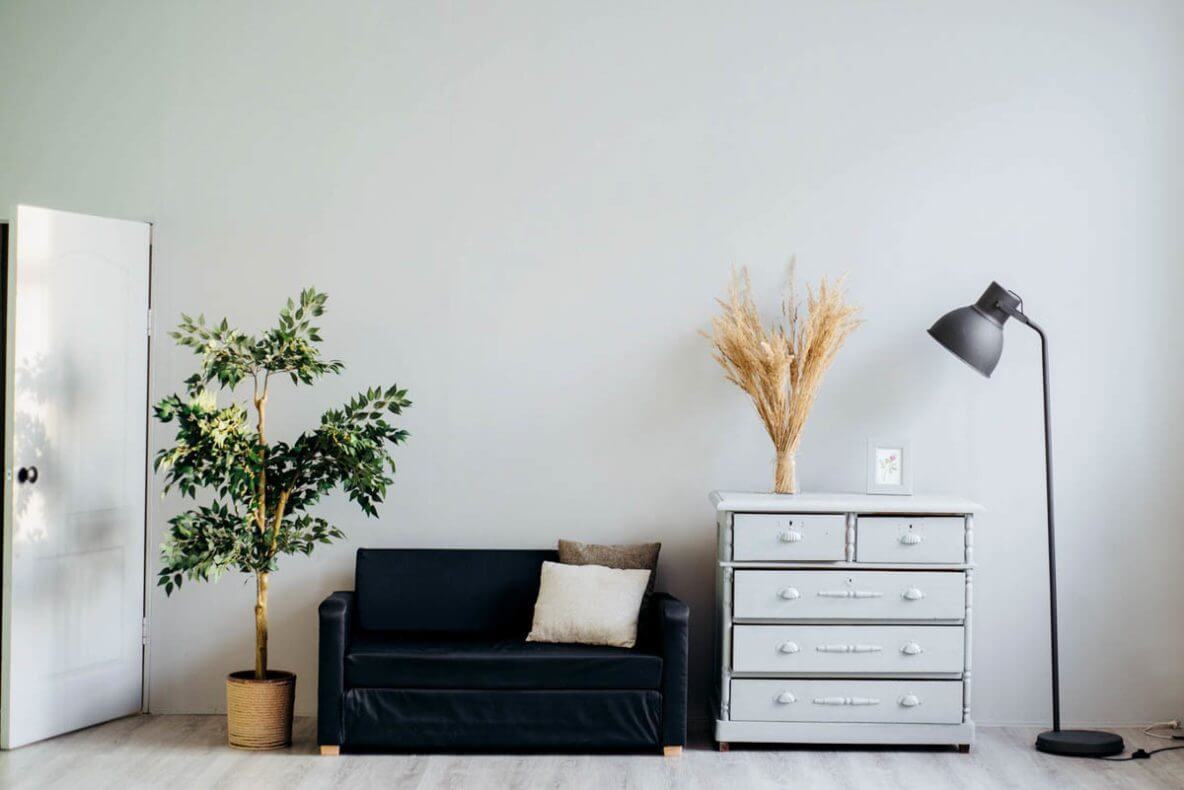
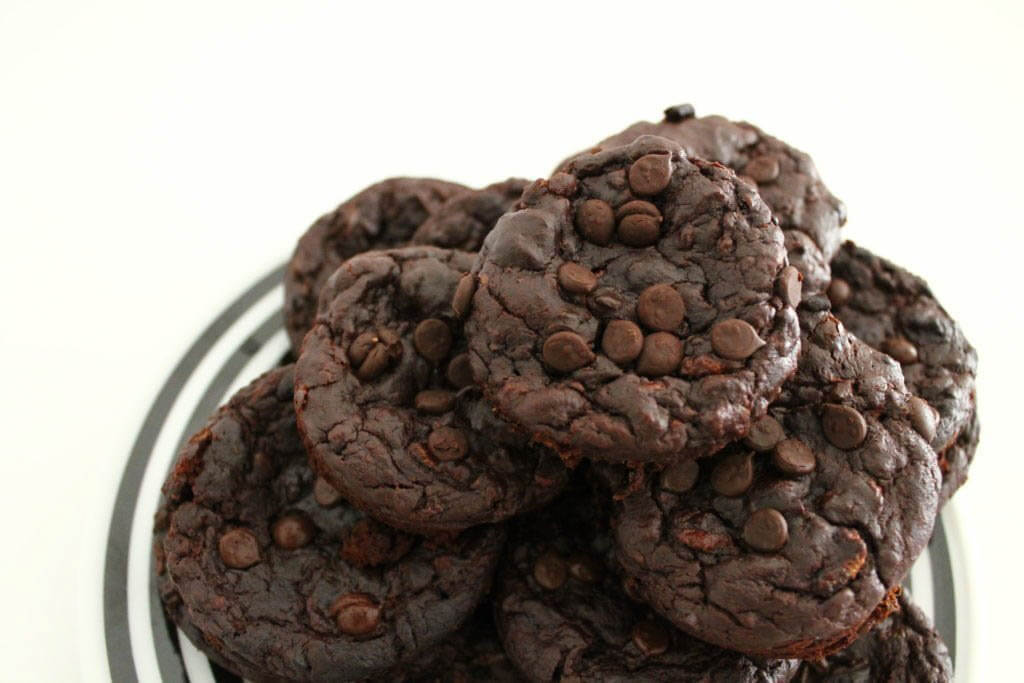












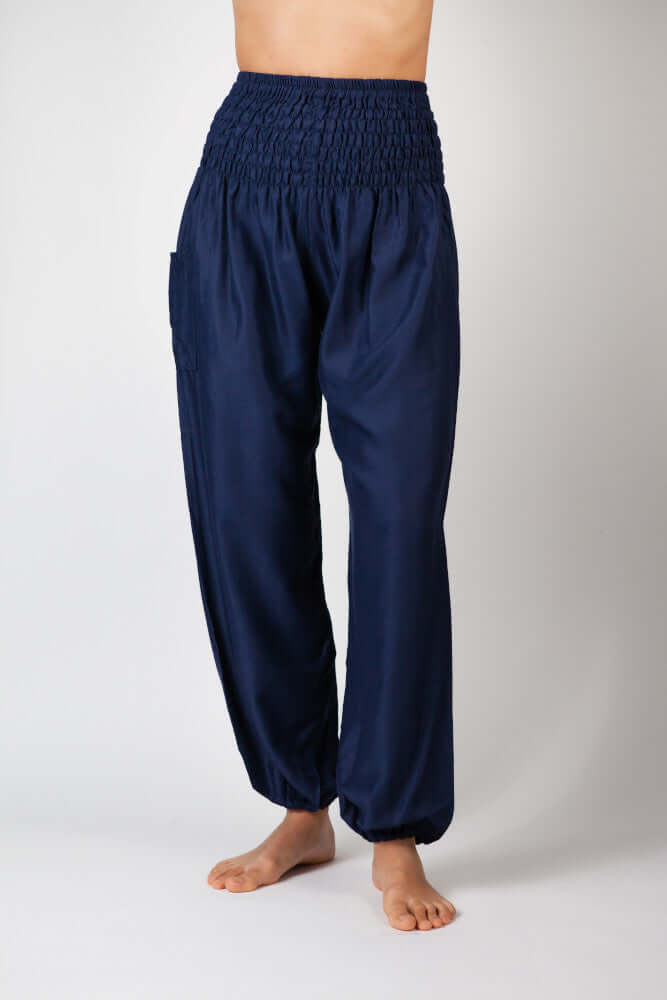
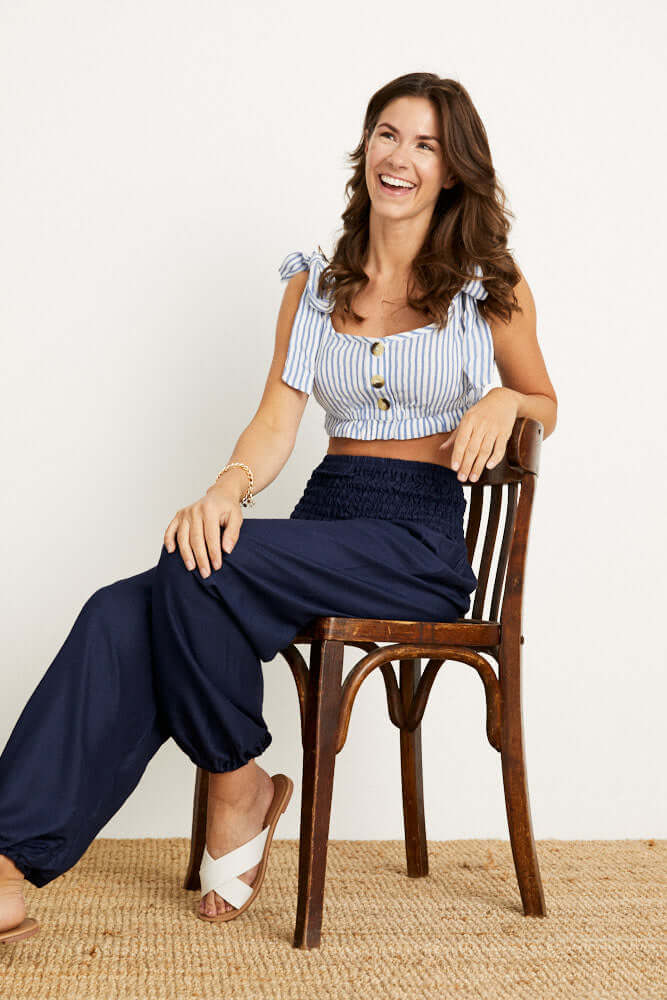
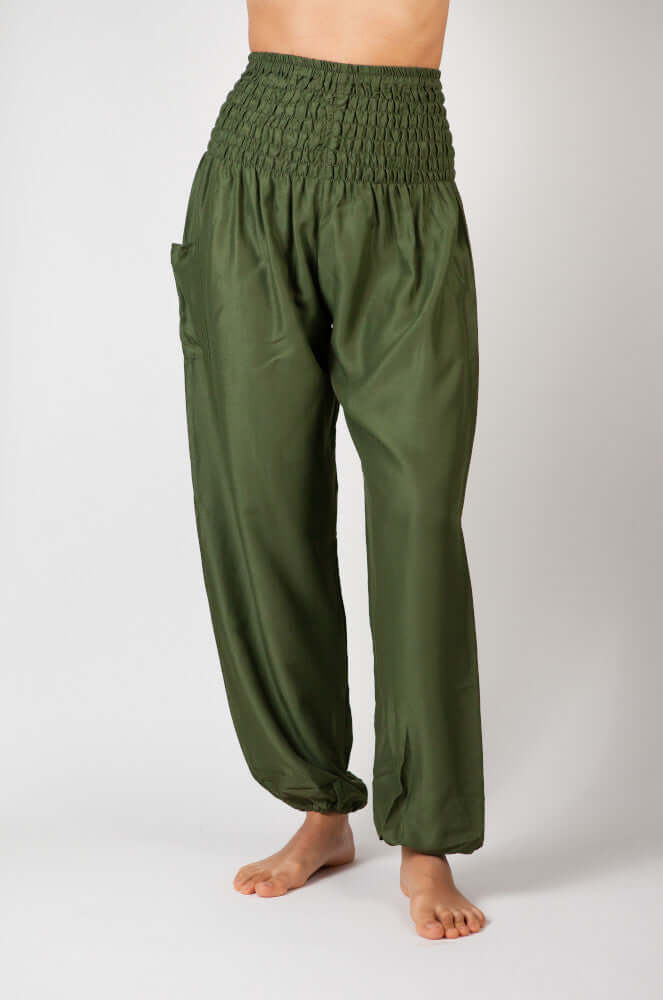
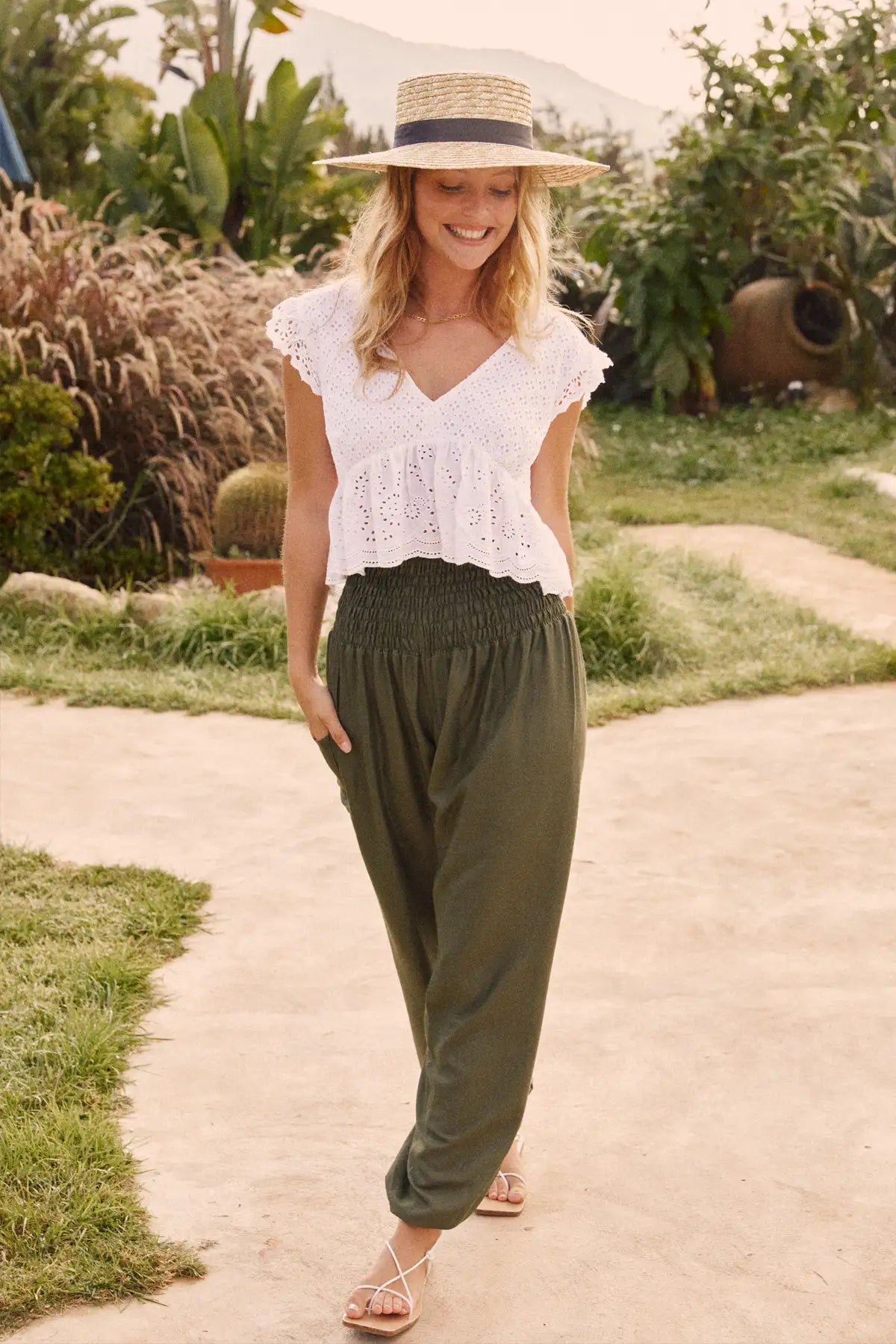
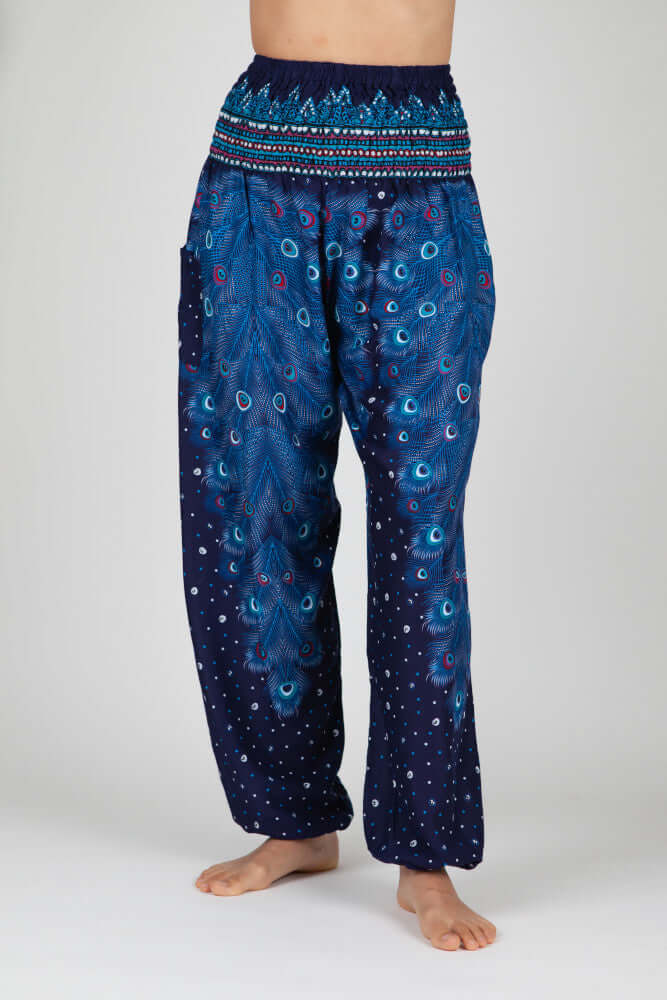
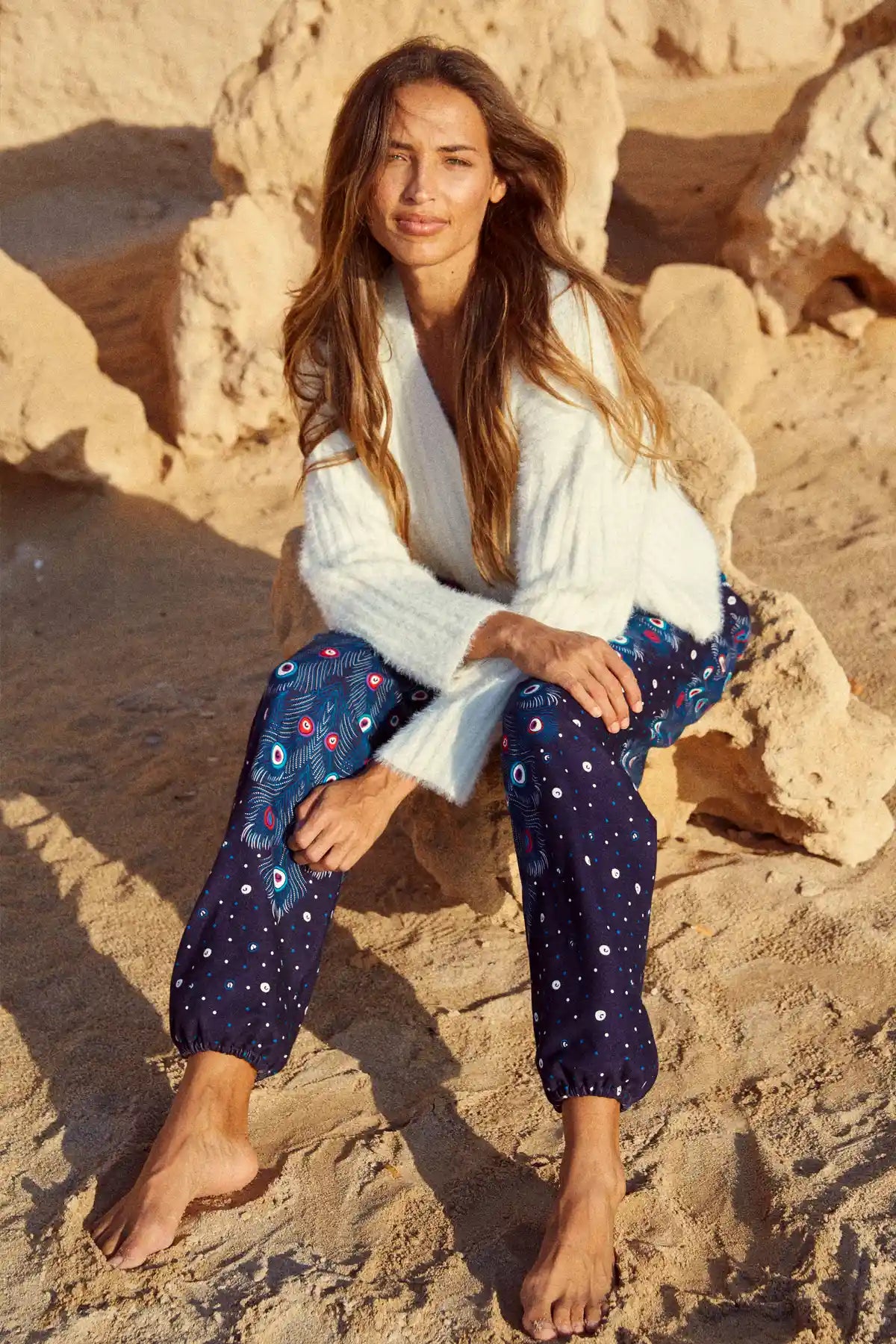
Leave a comment
This site is protected by hCaptcha and the hCaptcha Privacy Policy and Terms of Service apply.